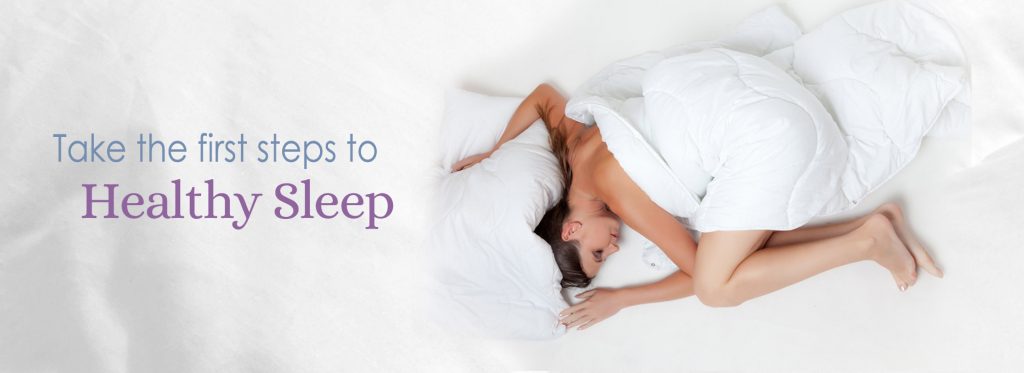
Sleep Disorders: Exploring the World of Restful Sleep
Memphis Sleep Disorders Clinic. Sleep is an essential component of our overall well-being, allowing our bodies and minds to rejuvenate and restore. However, for individuals struggling with sleep disorders, this restorative process becomes disrupted, impacting their ability to experience uninterrupted, quality sleep. If you suspect you may have a sleep disorder, we invite you to take our self-assessment test as a preliminary step in identifying potential issues. If you answer “yes” to any of the questions, it may indicate the presence of a sleep disorder, prompting you to consider scheduling a consultation with our team of experts.
Types of Sleep Disorders Memphis Sleep Disorders Clinic Covers:
- Circadian Rhythm Disorders: Our internal body clock regulates the timing of our sleep-wake cycles. Circadian rhythm disorders occur when these cycles become disrupted, resulting in difficulties aligning sleep patterns with societal norms. Conditions such as jet lag, shift work disorder, and delayed sleep phase syndrome fall under this category.
- Hypersomnia: Hypersomnia refers to excessive daytime sleepiness and an overwhelming urge to sleep during the day, despite having sufficient sleep at night. Conditions like idiopathic hypersomnia and recurrent hypersomnia can significantly impact daily functioning and productivity.
- Insomnia: Insomnia is a common sleep disorder characterized by difficulty falling asleep, staying asleep, or experiencing poor sleep quality. Factors such as stress, anxiety, medical conditions, or lifestyle habits can contribute to the development of insomnia.
- Narcolepsy: Narcolepsy is a neurological disorder that affects the brain’s ability to regulate sleep-wake cycles. Individuals with narcolepsy experience excessive daytime sleepiness, sudden and uncontrollable sleep attacks, and may have episodes of muscle weakness or loss of muscle control triggered by strong emotions.
- Night Terrors: Night terrors are intense episodes of fear or dread that occur during sleep, usually within the first few hours of falling asleep. They can involve loud screams, sweating, rapid heart rate, and a feeling of being out of control. Night terrors are more common in children but can also affect adults.
- Periodic Limb Movement: Periodic limb movement disorder involves repetitive and involuntary movements of the legs or arms during sleep. These movements can disrupt sleep and lead to excessive daytime sleepiness and restless nights.
- Sleep Apnea: Sleep apnea is a serious sleep disorder characterized by pauses in breathing during sleep. These pauses, known as apneas, can be brief or prolonged and may occur multiple times throughout the night. Sleep apnea can lead to fragmented sleep, loud snoring, daytime sleepiness, and increased risk of cardiovascular problems.
- Sleepwalking: Sleepwalking, also known as somnambulism, involves performing complex actions while in a sleep state. People who sleepwalk may walk, talk, eat, or engage in activities without being fully aware of their actions. Sleepwalking typically occurs during deep sleep and can pose potential safety risks.
- Snoring: Snoring is a common sleep-related issue that can disrupt the sleep of both the snorer and their bed partner. It occurs when the flow of air through the mouth and nose is partially blocked, resulting in the characteristic vibrating sound.
For further information on these sleep disorders and others, we invite you to explore our comprehensive Sleep Disorder Resources page. There, you will find in-depth insights, detailed explanations, and helpful resources to expand your knowledge and understanding of these conditions.
Taking the Next Step:
If you suspect that you may be experiencing a sleep disorder or want to learn more, we encourage you to schedule a consultation with our team of experienced sleep specialists at Memphis Sleep Disorders Clinic. They will conduct a thorough evaluation, discuss your symptoms and concerns, and recommend appropriate diagnostic testing or treatment options tailored to your specific needs. Rest assured, you don’t have to navigate your sleep journey alone—our experts are here to support you.
To learn more about sleep disorders, access additional resources, or schedule a consultation, please visit our dedicated Sleep Disorder Resources page or contact our clinic directly at +1 615-203-8999. Take the first step towards achieving restful sleep and reclaiming your well-being today.